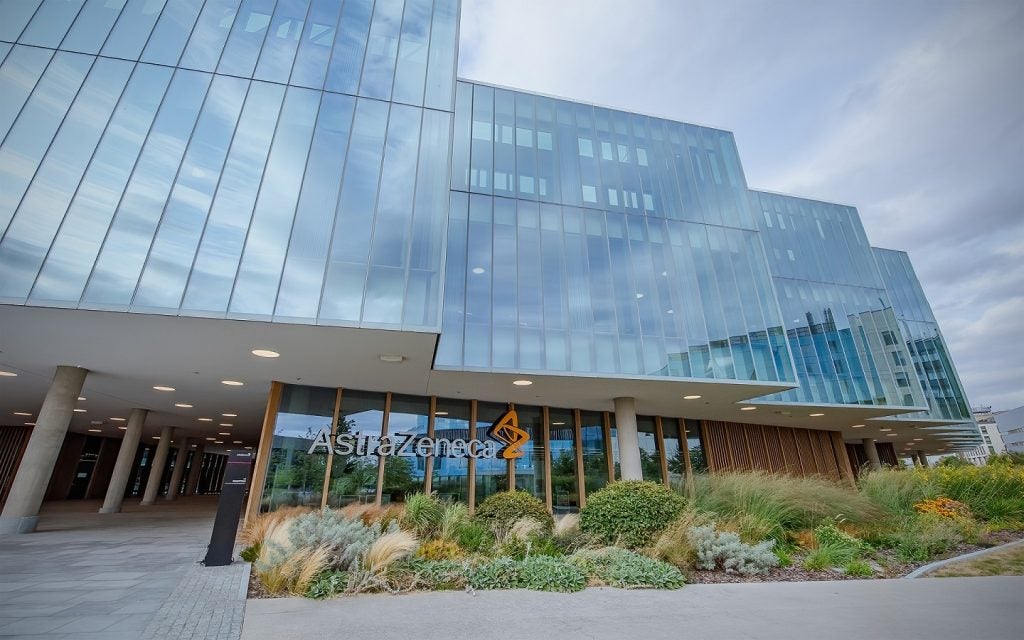The US Food and Drug Administration (FDA) has approved AstraZeneca's human monoclonal antibody, Imfinzi (durvalumab), to treat limited-stage small cell lung cancer (LS-SCLC) in the adult population.
The antibody is intended for individuals who have not experienced disease progression after concurrent platinum-based chemotherapy and radiation therapy.
The FDA's decision was supported by the outcomes from the Phase III randomised, placebo-controlled, multi-centre, double-blind, international ADRIATIC trial involving 730 subjects with LS-SCLC.
The trial's subjects were randomly allocated to receive either durvalumab as monotherapy, durvalumab plus tremelimumab, or a placebo.
AstraZeneca oncology business unit executive vice-president Dave Fredrickson stated: “This approval for Imfinzi marks a breakthrough for patients with limited-stage small cell lung cancer, allowing them to receive immunotherapy for the first time.
“The ADRIATIC trial showed an improvement in median overall survival of 22.5 months, setting a new benchmark. Imfinzi is now the only immunotherapy approved for both limited and extensive-stage small cell lung cancer, underscoring our commitment to improving survival rates.”
The recommended dose of durvalumab is 1,500mg every four weeks for subjects weighing 30kg or more and 20mg/kg for individuals under 30kg. Treatment is advised until disease progression or unacceptable toxicity, or for a maximum of 24 months.
In August 2024, the company received a priority review from the US regulator for the antibody’s supplemental biologics licence application (sBLA) to treat LS-SCLC. It had also been granted breakthrough status for the same indication.
LS-SCLC is typically confined to one lung or one side of the chest, and represents around 30% of SCLC diagnoses.
Imfinzi targets the programmed death-ligand 1 (PD-L1) protein, inhibiting its interaction with PD-1 and cluster of differentiation 80 (CD80) proteins.
The review was part of an initiative by the FDA's oncology centre of excellence, Project Orbis.













